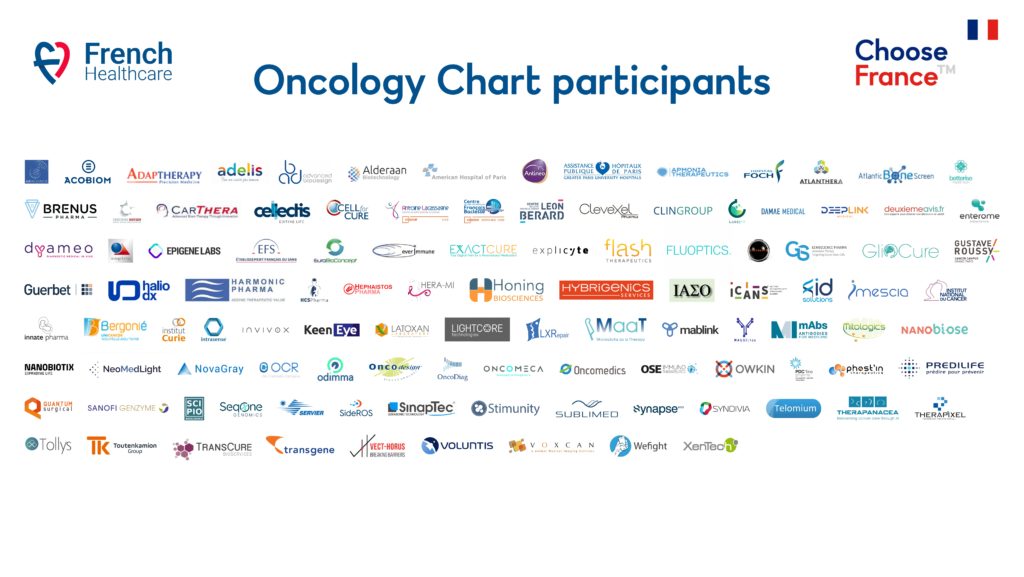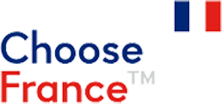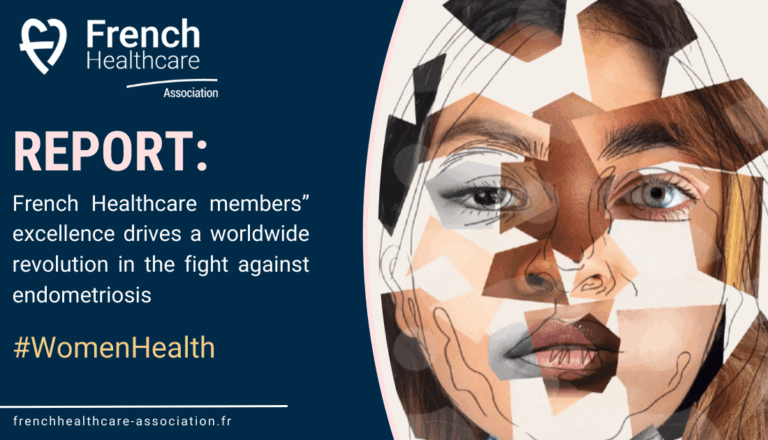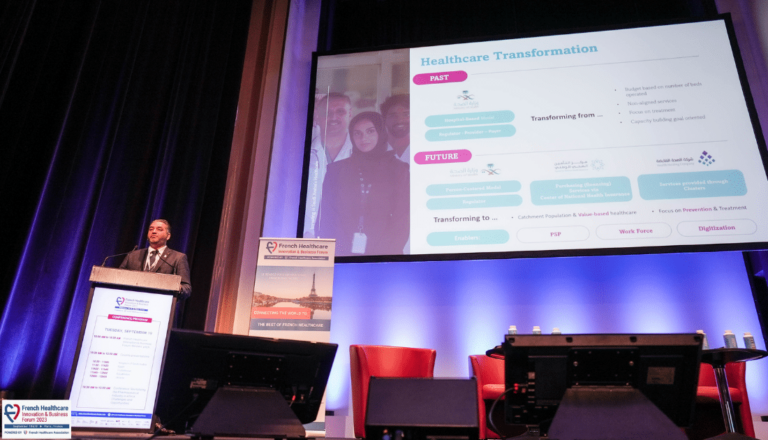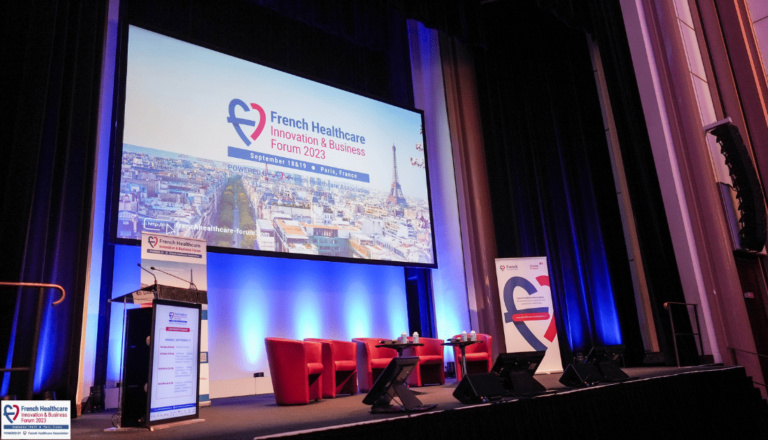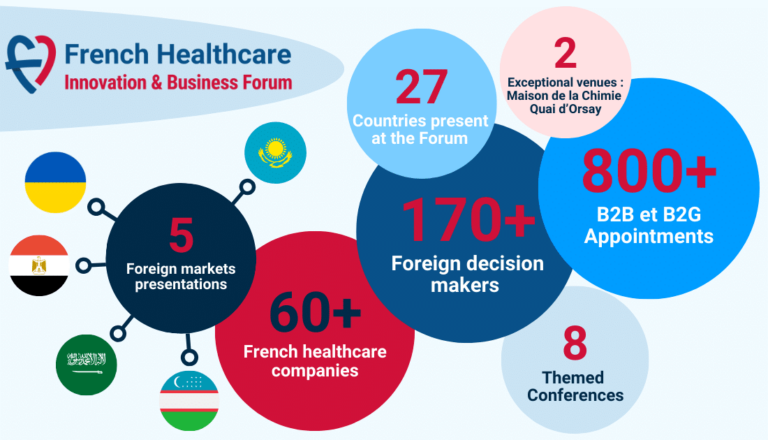Oncology
France is at the forefront of the fight against cancer in Europe and benefits from a high-quality research base, particularly in immunology and targeted therapies. It plays a front-line role in disseminating innovation and creating international care standards.
In 2021, France embarked on an ambitious ten-year strategy against cancer, building on the Cancer Plans that, over the past 15 years, have enabled substantial progress in care, prevention, diagnosis, and research. Its top priority for 2040? To reduce the incidence of preventable cancer by 40%. The budget has been increased by 20% to €1.74 billion spread over five years, half of which will be invested in basic and clinical research, sending a strong signal of commitment.
The targets are clearly quantified: increase participation in screening programs from 9 to 10 million by 2025, reduce the proportion of patients who still suffer from sequelae five years after diagnosis (from two thirds to one third by 2030), improve the quality of life of patients during and after treatment, and increase the chances of patients – particularly children and young people – with “poor prognosis” cancer (with a five-year survival probability of less than one third). There are 382,000 new cancer cases in France every year, leading to 157,400 deaths, the most common being prostate, breast, colorectal and lung cancer.
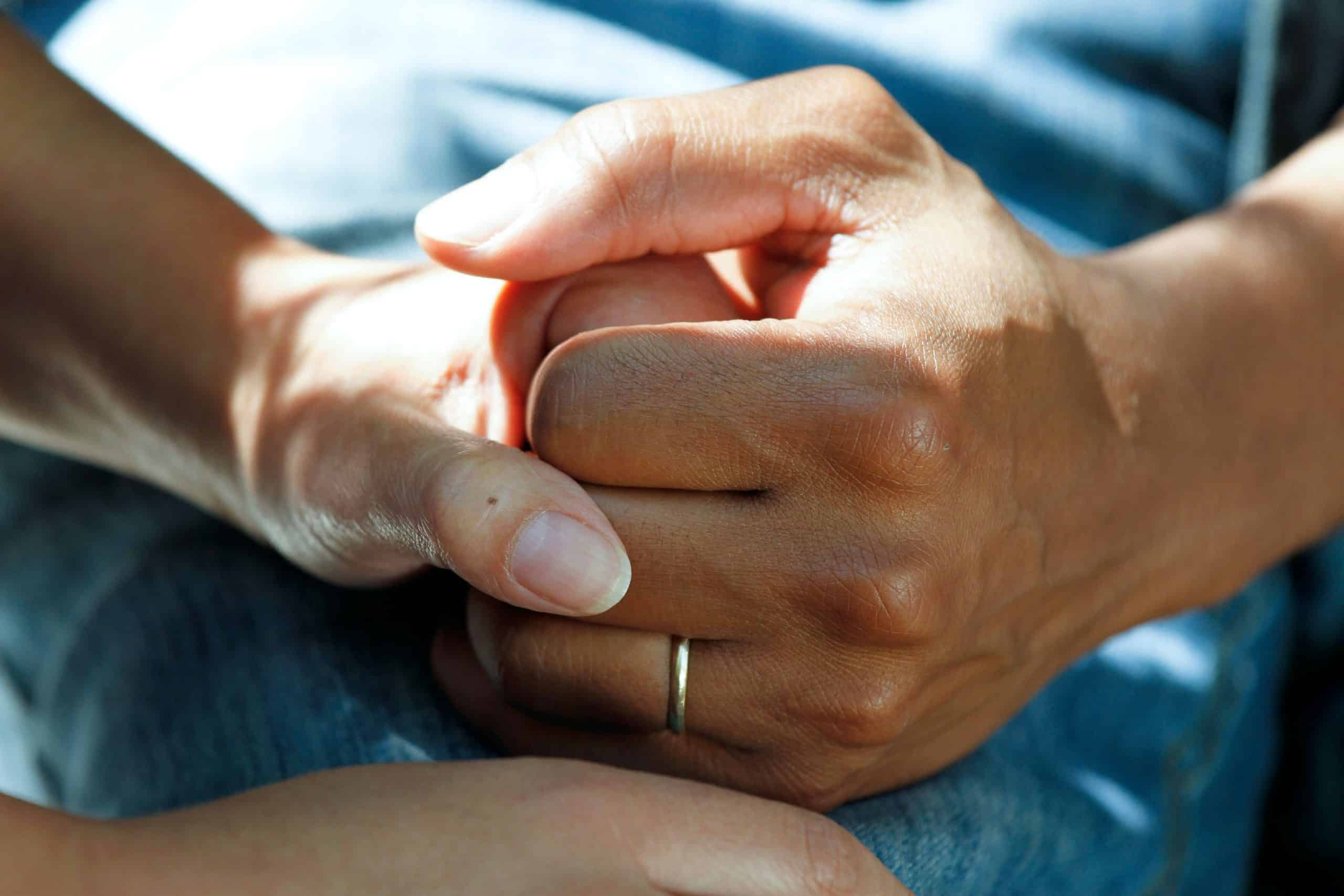
Leading-edge research for personalized care
Research is a vital component of the 234 actions in the strategy, which actors in the fight against cancer have played a key role in shaping. Innovation has led to both excellent diagnostic performance based on genomics and health data, and excellent care designed to improve patients’ quality of life.
From facilitating access to innovative treatments to reducing research project assessment times, simplifying procedures, encouraging public-private cooperation, creating a health innovation agency, and organizing coordinated management, France has successfully removed the obstacles to innovation.
It is the only country besides the United States to feature in the world’s top ten medical research organizations (with INSERM and the AP-HP), and it has every reason to be proud of its vibrant research community, which has published 59,150 publications over ten years, representing a 24% increase between the periods 2010-2014 and 2015-2019. Oncology accounts for 40% of the clinical trials conducted in France, putting France second in Europe and fourth in the world.Over 15% of the patients treated in France’s 18 Cancer Centers (Centres de Lutte Contre le Cancer – CLCC) are enrolled in a clinical trial. The numerous, rapidly transformational discoveries made in the basic research realm bear witness to France’s leadership in the field. In September 2021 for example, Pr. Karim Fizazi, an oncologist at Gustave Roussy, presented the PEACE-1 study on progress in metastatic prostate cancer research to the Annual Congress of the European Society of Medical Oncology (ESMO). A new drug combination increases the survival rate in some cases by more than two and a half years and reduces the risk of death by 25%.
Advances in molecular genetics
INCa, which comprises eight integrated cancer research facilities and seven cancéropôles (cancer clusters) is stepping up its molecular genetics program to identify more precise cancer diagnosis markers or predict tumor response to treatment. Improving knowledge of the individual’s genome will pave the way for a new form of personalized, preventive medicine. This kind of precision medicine has been made possible by the deployment of 28 sequencing platforms across France since 2005.
A medical oncologist specialized in digestive and thyroid cancer at the Centre Léon Bérard (Lyon), Dr. Christelle de La Fouchardière unveiled the findings of a European study on refractory thyroid cancer at the ESMO Congress, confirming the benefit of routine use of molecular genotyping to identify chromosomal abnormalities in tumor cells.
Meeting future challenges with immunotherapy, proton therapy and hadron therapy
Over the past ten years, immunotherapy, which helps the immune system to recognize and destroy tumors using their own genetic mutations, has revolutionized treatment for cancers such as lung cancer or melanoma. More and more trials are being conducted for other types of tumor.
In 2021, Transgene’s individualized immunotherapy vaccine, TG4050, was used for the first time in France to treat a patient with head and neck cancer at IUCT Toulouse-Oncopole. This novel therapeutic vaccine is based on the myvac® technological platform, which uses Transgene’s patented technologies and leading-edge Artificial Intelligence (AI) capabilities to customize the treatment of each patient. The vaccine incorporates the tumoral mutations identified and selected using advanced AI-based technology into a viral vector to directly or indirectly destroy cancer cells (neoantigens). TG4050 is designed to target up to 30 patient-specific neoantigens.
Innovations also include proton therapy, a highly precise form of radiotherapy that uses proton beams to treat tumors located close to organs while reducing side effects as far as possible.
The Centre Léon Bérard is coordinating all French activities within the EU’s PROTECT trial, which is designed to show that proton therapy is more effective against esophageal cancer than conventional radiotherapy when used as part of a treatment plan comprising radiotherapy, chemotherapy, and surgery. The Centre Antoine Lacassagne in Nice, Institut Curie in Paris, and the Centre François-Baclesse in Caen, which offer this technique in France, have joined forces to design a national care pathway to treat patients using proton therapy.
Another burgeoning procedure is hadron therapy, which uses helium ion and carbon ion beams to treat patients, in addition to proton beam therapy. Hadron therapy is precise and biologically effective, and it leaves the healthy tissues around the tumor intact. The European hadron therapy research and treatment center in Caen plans to acquire a second “Cyclone 400” particle accelerator by 2024. The “Cyclone 400” accelerator is the only one of its kind in the world and has established Normandy as a national and international benchmark in the field. This cyclotron, which replaces the synchrotron, is a much smaller piece of equipment (it measures nine meters across, while the current system has a diameter of 25 to 30 meters). It is also less expensive and easier to use and maintain.
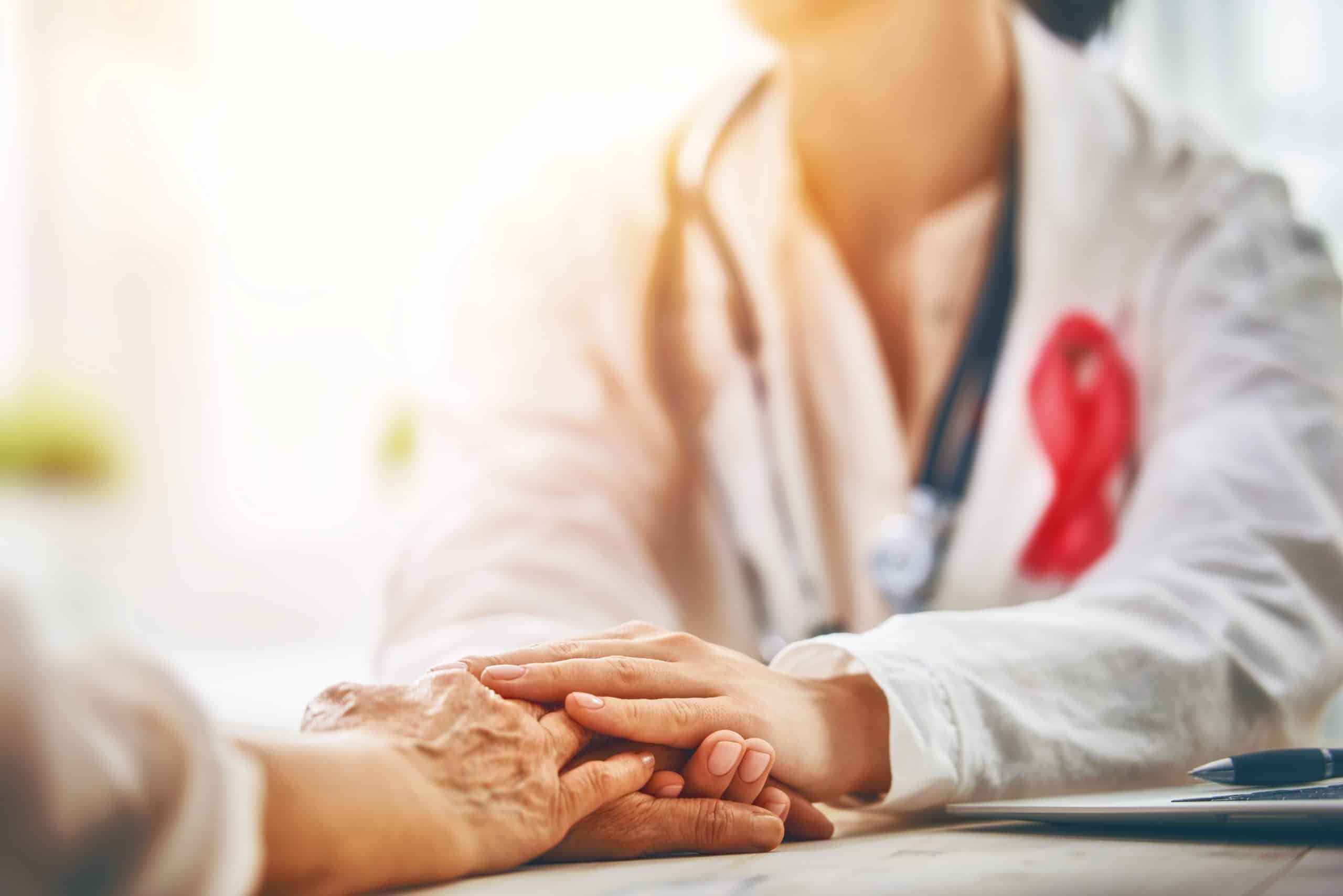
The role of artificial intelligence in supporting diagnosis and therapeutic decision-making
The quality and relevance of these innovative therapies are increasing thanks to artificial intelligence. Created in August 2021 by a partnership of public and private healthcare actors, the association “Filière Intelligence Artificielle et Cancer” (FIAC) aims to carry out 50 projects over a period of five years to pool oncology data and thus improve France’s stature in the field.
The ESME (Epidemiological Strategy and Medical Economics) research program led by Unicancer aims to centralize the real-world data of cancer patients in France, with a focus on evolving treatments and therapeutic strategies. In 2020, anonymized data derived from 67,000 patients and provided by 20 recruitment centers were entered into the program’s three active databases (metastatic breast cancer, bronchopulmonary cancer, ovarian cancer).
In all of these areas, partnerships with the pharmaceutical industry (3,100 firms that play a key role in innovation) are decisive. In 2020, anti-cancer medications accounted for 20% of the drugs approved by the European Medicines Agency and one quarter of clinical trials. Ranked fourth in Europe for pharmaceutical production (in terms of revenues), France boasts a highly skilled workforce across its 271 industrial sites.
Sanofi, which is the seventh largest pharmaceutical firm in the world in terms of revenues and has already developed several leading molecules, allocates around 40% of its research budget to oncology (immuno-oncology and molecular oncology). Oncology is also a priority therapeutic area for pharmaceutical firm Servier, which develops biopharmaceuticals, monoclonal antibodies, and recombinant proteins. Servier’s oncology revenues amounted to €591 million in 2019-2020. Specialized in diagnostic and interventional imaging, Guerbet develops injection systems, contrast media, and medical devices used in diagnosis, prognosis, and patient monitoring.
And France is working on becoming ever more attractive to biotechnology firms (750 currently registered in France), which are driving forward the pace of innovation in cancer therapy, including immunotherapy. Today, more licensing agreements are made in oncology than in any other therapeutic area. Oncology is also the therapeutic area most widely investigated by French biotechs, with 114 dedicated products. For example, Cellectis and Erytech Pharma are working on cell therapies; B-Cell Design, Biomune and Innate Pharma are developing new antibodies; Ose Immunotherapeutics, Transgene and Abivax are developing therapeutic vaccines and oncolytic viruses, and Nanobiotix has created radiation-activated nanoparticles that, when combined with the immunotherapy treatments Keytruda and Opdivo in a phase I clinical trial, increased the response rate from 20% to 90%.
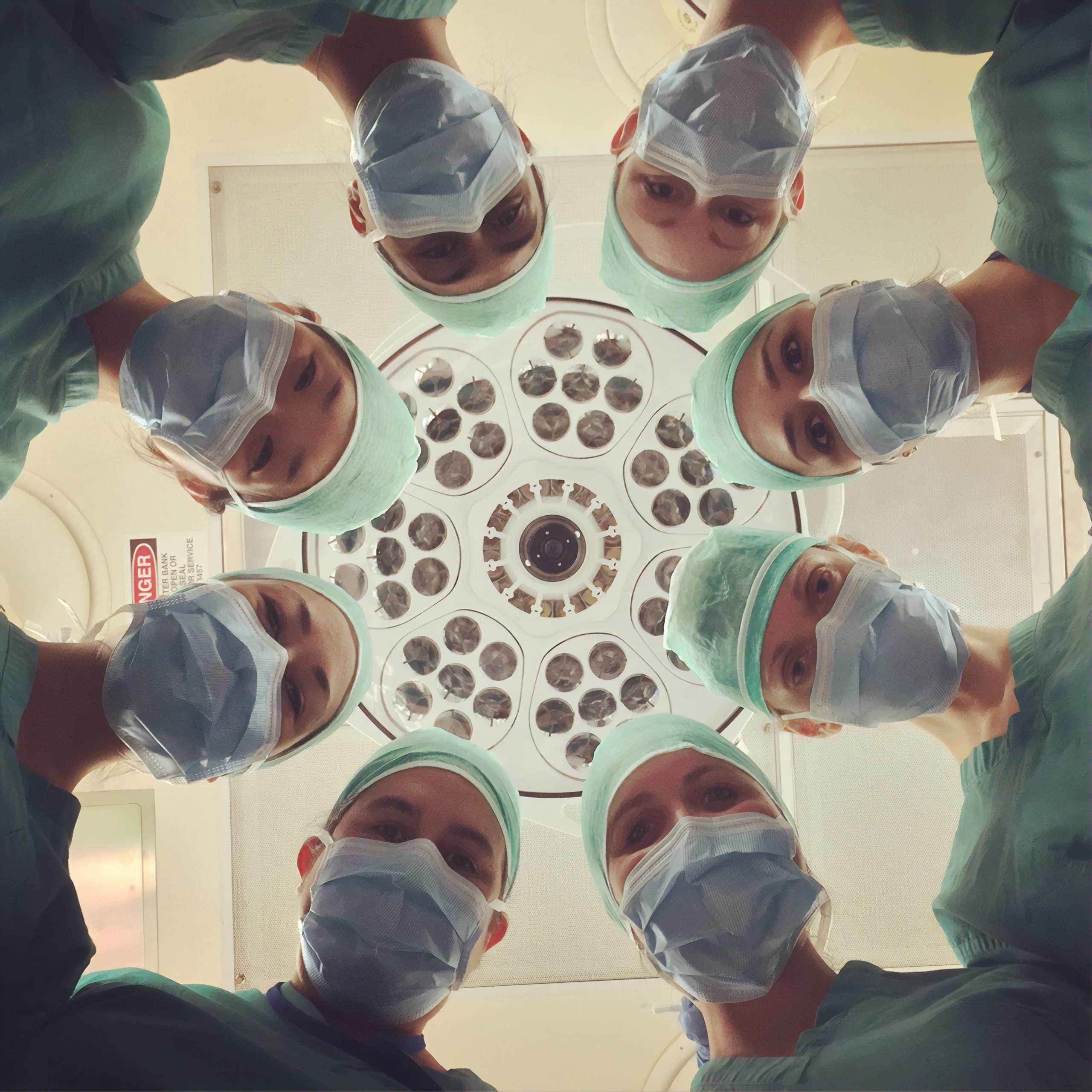
Exportable expertise and know-how
French organizations work with numerous international partners, for example to deliver training courses for healthcare professionals. Other examples include Gustave Roussy’s international consulting activities (insert 3), the support provided by Hôpital Foch to create an oncology day hospital in Cotonou (Benin), and the consulting operations conducted by the Centre Léon Bérard in Morocco and Egypt. The support offered by Hôpital Foch consists in analyzing practices, proposing made-to-measure solutions, giving advice on equipment, and providing training.
CLCCs, CHUs (university hospitals) and public and private hospital centers offer a wide range of excellent training courses and programs in radiotherapy, interventional radiology, immunotherapy, and supportive care, with dedicated facilities including simulation centers. Thus, every year, the AP-HP organizes a clinical research course for two to five international physicians, on a topic leading to a publication.
Known for its expertise in oncology, France is also a destination of choice for international patients requiring complex treatments and access to specific technologies. The admission of these patients was facilitated by the creation of myfrenchhospital.com and by the introduction of the “French Hospital Quality” certification system.
While many industrial solutions and organizations can be exported, the “oncology” working groups run by the French Healthcare association play an active role in showcasing France’s excellent international healthcare provision. The reach of French associations and establishments is also driven by their investment in humanitarian action. For example, for the past ten years, Institut Curie has been working to improve the diagnosis of childhood retinoblastoma in Sub-Saharan Africa; Hôpital Foch and La Ligue contre le Cancer are involved in numerous projects in Africa and South-East Asia.
Note: Many thanks to Sophie Beaupère, CEO of Unicancer, Pr. Karim Fizazi, oncologist at Gustave Roussy, Pr. Jean-Pierre Delord, General Director at Institut Claudius Regaud and General Manager at IUCT Oncopole, and Dr. Christelle de La Fouchardière, oncologist at Léon Bérard, for sharing their experiences with us.nce.
The oncology sector in figures
-
14
CLCC researchers among the 24 French researchers in oncology
-
350
research facilities run by INSERM
-
18
Cancer Centers (CLCC) composing Unicancer
The main actors in France’s cancer ecosystem
The French National Cancer Institute (INCa) is a state-run agency that provides health and scientific expertise in oncology and is tasked with coordinating cancer control actions. It has an integrated approach encompassing the public health, medical, scientific, social, and economic aspects of cancer control and addressing the needs of everyone from the general public to researchers and decision-makers; under the law of March 8, 2019, it is tasked with implementing France’s ten-year strategy against cancer.
Europe’s leading academic sponsor of clinical trials in oncology, Unicancer is composed of France’s 18 Cancer Centers (CLCC), non-profit private healthcare facilities that provide comprehensive, cross-disciplinary treatment and high-quality care pathways to over 530,000 patients each year.Unicancer is a unique federation of French hospitals dedicated entirely to fighting cancer. It enjoys a strong global reputation and accounts for a third of the international oncology publications produced in France (source: bibliometric study/Thomson Reuters). It is also a key player in prevention and risk factor analysis.
The Cancer ITMO (Multi-Organization Thematic Institute) of the French Alliance for Life Sciences and Health (AVIESAN) is designed to bring all cancer research teams together under one umbrella, regardless of their associated supervisory bodies. The Cancer ITMO takes concrete actions to improve the performance and competitiveness of French research.

Gustave Roussy, leader in precision cancer medicine
Ranked as the best cancer hospital in Europe and the fifth best worldwide, in April 2021 Gustave Roussy joined the Worldwide Innovative Network (WIN) Association for personalized cancer medicine – WIN Consortium to drive forward research and innovation in oncology. The WIN Consortium has 35 members, including world-class academic medical centers, industrial firms, research organizations and patient advocate organizations in 19 countries, which have undertaken trials using their biomarker platform, based on both genomics and transcriptomics to support precision oncology. Through this consortium, Gustave Roussy brings its institutional expertise to the global community.
Mapping of French expertise and know-how
The French Healthcare Association and Business France present the first edition of the map of exportable French solutions in the field of oncology. Innovation and excellence in prevention, screening, care and follow-up for cancer patients have finally been brought together in a single document.
